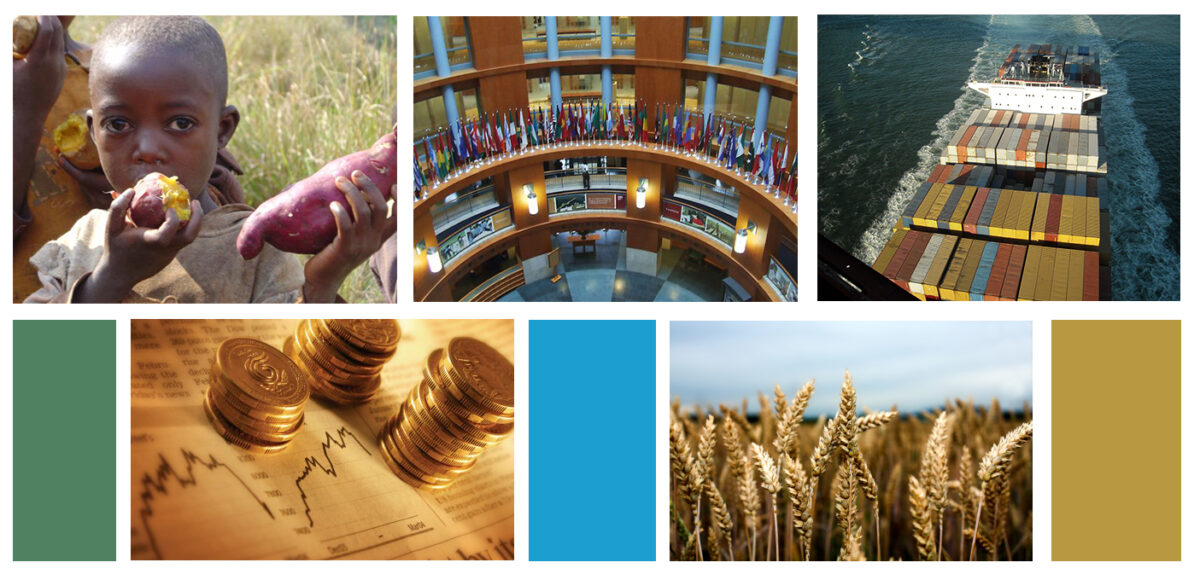Summary of the 6th InsTED Workshop at the University of Nottingham
We would like to thank The School of Economics, University of Nottingham, for hosting and sponsoring the 6th InsTED Workshop. We would also like to thank the Nottingham School of Economics for incorporating The World Economy Lecture into the InsTED Workshop, and Wiley for sponsoring this. The workshop took place from September 20th-22nd, 2019. […]

